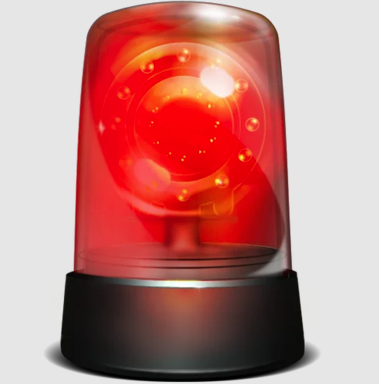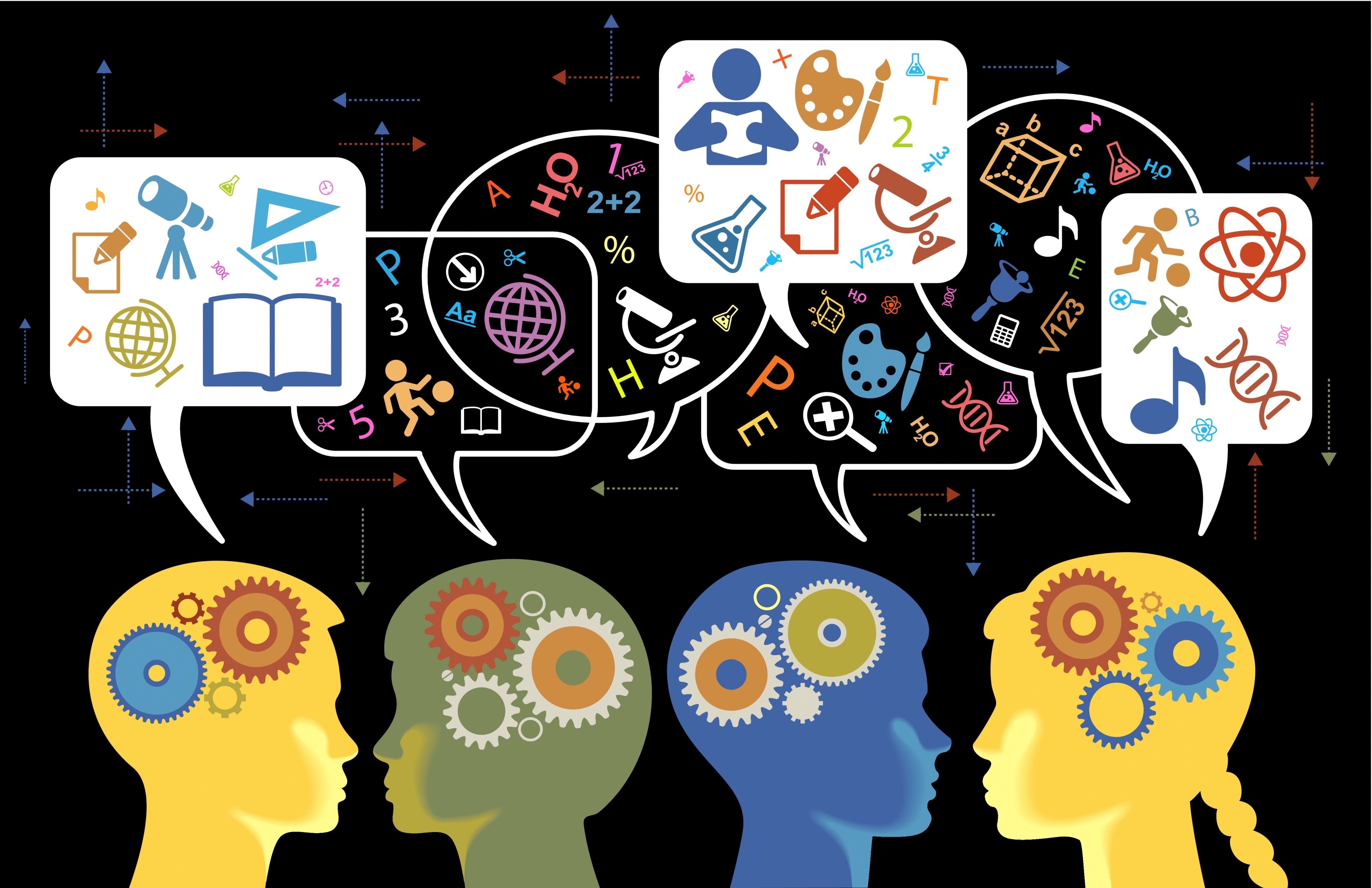Ever since my wife started listening to some true crime and fantasy podcasts a few years ago, I ventured on a different path with my podcast journey as I steered toward celebrity interviews, comedy, and the occasional science podcast. Of course you know we did start our own ABclonal podcast, BioChat, and previously we also highlighted a few fun and interesting science-themed podcasts that won't take too much out of your day as you commute or go about your work. In addition to entertaining and educating you, podcasts also have some mental and personal benefits. There are only so many hours in your day with plenty of choices, so let's see what we can do to help with some constructive distraction!
There was a fun seminar with a guest speaker once upon a time when I was in graduate school where he put the physiological effects of stress into perspective. I can't remember his name now, but the gist was that if you imagine yourself as an animal fighting for survival, you are very likely to want to keep the body ramped up to run or fight rather than to fight infection, digest, or reproduce. In a human context, when the person is under pressure due to a huge work project or some other external force derived from a crushing mountain of responsibility, they are thrust into a situation where the body and mind think that they are in a "fight or flight" mode and that can lead to many physical and psychological detriments. Although what we do in science is important and requires lots of work, it is important to realize that good science is harder to do if we are overcome with stress, so let's find some ways to manage stress so we can be more productive and healthy.
We’ve all been there…the experiment didn’t work for the 87th time, and the feeling of dread and impostor syndrome surrounds the mind as the seminar or thesis committee meeting looms. It’s easy to dwell on everything that isn’t working right at that moment, but there are scientific discoveries to be made, and someone has to do it, and it might as well be you! That’s easier said than done, but with the proper support mechanisms and some confidence boosts, your goals will be achievable.
Vetting Your Sources: Confirming the Veracity of Reports and Data
Throughout graduate school and even now, I’ve relied on Wikipedia as a valuable resource for quick information. My mentors and teachers have cautioned me against actually citing Wikipedia articles, but often these articles will show up as top searches on Google, and their listed references lead to published scientific articles so I could always go back to the original source and see the data and conclusions for myself. The fact that Wikipedia is free and freely edited makes it prone to fictionalization, which reminds us of the importance of corroborating whatever we read with third-party sources and our own experiences.
Many of you are well on your way through graduate school, itching to earn that precious PhD, while some are just starting out, getting ready to take your first midterms while preparing to choose your first research rotations. Regardless of where you are in your career, or even if you've already earned that doctorate and are on your way to a postdoc and beyond, ABclonal's blog series has put together some articles that can help you get through the day. Whether it is experimental troubleshooting or just trying to get along with your lab mates and PhD supervisor, here is a collection of previous blogs that should be of use to you.
You may have stumbled upon many articles about the poor whales swallowing tons of plastic waste, flooding that is affecting communities and even national parks, or chemicals that are constantly threatening marine life. As the global temperature continues to increase, the ocean levels gradually rise, and life as we know it is threatened, it is almost like we are on our way to the apocalypse. However, humans do not have to accept this doomsday scenario! There are many things beyond our control that we will have to persuade our elected leaders to drastically change policies to conserve our natural resources, reduce pollution, and preserve biodiversity. But there are also many other things well within our control that we can do in the lab and at home to make a difference, since small actions will add up to significant positive change.








.jpg)
